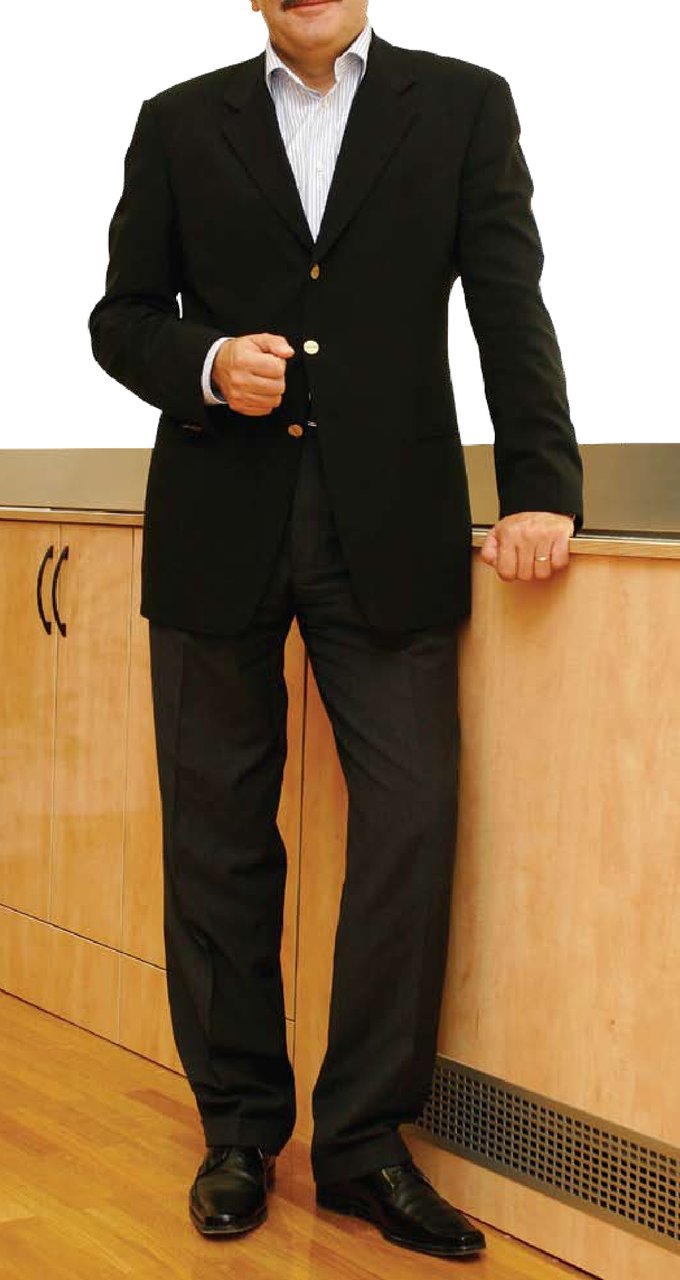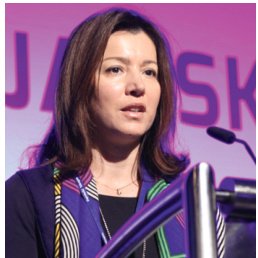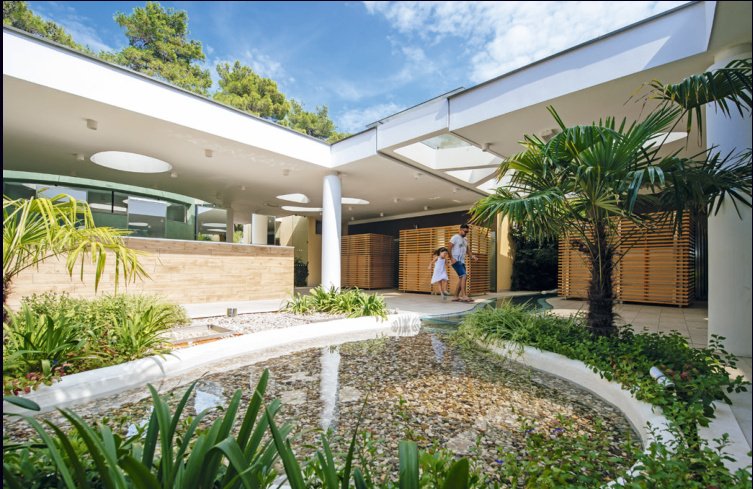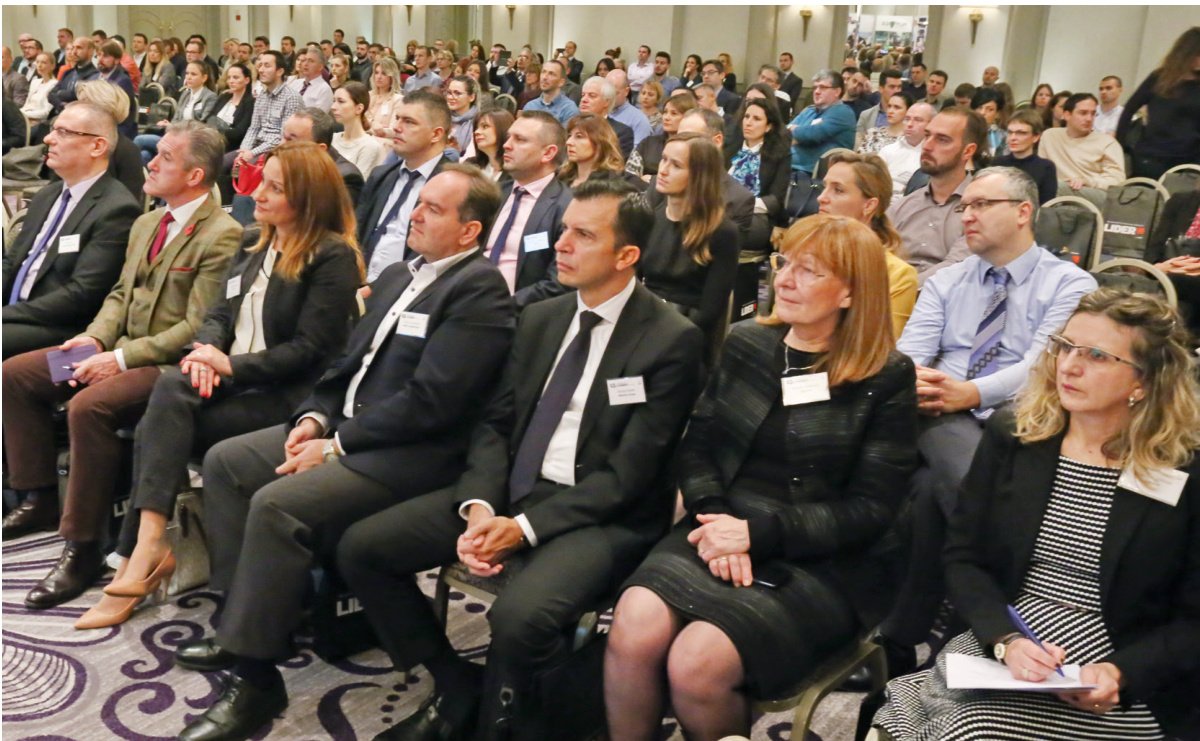According to Darko Ostoja, the President of SN Holding Management Board, despite real estate projects being the company’s core business activity, none is expected to be completed this year. The 2008 success is questionable for another last year ranking newcomer. Petrokemija from Kutina is ranked among best 500. Its leap, after many years, is due to stable and sufficient gas quantities although it is difficult to estimate a direction it’s going to take this year. On the other hand, productivity of five post-division high ranking HŽ (Croatian Railways) companies was influenced by a decreased number of employees, a trend continued in 2008.
Another newcomer is Dioki, which successfully ended last year due to increased production and consequently sales as well as good price margins. Within the Group and after the consolidation of companies, the loss amounted to over HRK 16 million. However, such results represent a significant decrease compared to HRK 46 million last year. Despite its operations mostly being dependent on market trends, especially exchange rate and impossibility of reliably projecting prices and price margins, the 100 million euro worth investment cycle is developing according to plans. Therefore, we can expect that Dioki’s presence among the best ranked is not a one-time occurrence.
Benetton Istria can thank its ranking position to increased production volume and relocation of a part of its production programme from Benetton Croatia to Labin, which resulted in the third biggest ranking fall of Benetton Croatia by 261 places.
Numerous media are present among ranking newcomers. Europapress Holding, Slobodna Dalmacija, Večernji list, Vjesnik, Adria Media and RTL all got ranked in 500. Operativna kompanija was not ranked in 2007.
Following the arrival of its new owner i.e. the Hungarian oil company MOL, Tifon also left the ranking list. Vupik, the last non-privatized agricultural company, ranked 156th a year before, disappeared from the list awaiting for its privatization. Vupik is accumulating loss due to unfavourable external circumstances and investment shortage which might stimulate its potential. After three unsuccessful privatization rounds, it expects the Croatian Privatization Fund to announce a public tender on special terms i.e. acquisition of Vupik for one kuna. Ivica Todorić additionally submitted his HRK 70,56 million offer, as requested in the third round of privatization.
Lantea Group recorded HRK 7,9 million loss despite HRK 5,48 million profit in 2006. Its ranking among best 500 could not have been saved even by the sale of its rights to Giorgio Armani and Naf Naf. The Management Board explains bad results in light of increased fixed costs, employees costs and retail network restructuring caused by a partial acquisition of Tekstilpromet’s sales network. Revenue growth was not sufficient to cover such high costs of this very demanding process.
Unlike Lantea, Koestlin turned its loss into profit and climbed up from 300th to 100th place. Productivity grew by 215%, revenue by 110%. Such a growth is mostly due to financial revenues from the sale of 20% shares in IPK Kandit. Financial revenues recorded a growth from HRK 7,26 million in 2006 to HRK 175,93 million in 2007. Highest income percentage was recorded by selling shares while domestic and foreign market sale decreased its volume.
Philip Morris Zagreb can flaunt excellent results for the last five years including the last one. It recorded the highest rise in 2007, a 350% productivity growth and a 368% profit increase. In the last five years Philip Morris also recorded a 276% higher value added, the biggest average change in ranked revenues as well as the second highest rise of the employed.
Last four years have definitely been a watershed in its regional operational development. Philip Morris founded its own companies in Croatian, Bosnian and Albanian markets. Its organizational development and business expansion ranked the company among three leading regional tobacco organizations.
OMV Hrvatska is another company that climbed the ranking best list by 323 places. The company explains such good business results by the increased number of gas stations (5 new ones) and more customers. This year two more stations were opened and several are planned. On the other hand, Tvornica duhana Rovinj explains its recorded productivity, revenue and profit growth by over 320% by one-time incomes which are not connected with regular business activities. Raiffeisen Invest and PBZ Invest, companies for investment fund management, made good use of all financial market benefits in 2007. PBZ Invest sees last year as the most successful in its nine-year-long existence. Apart from market circumstances, their operations were aided by developed technology (branch offices, internet, ATM machines) which provided wide distribution and good investments in Croatia, Russia, Serbia and Brazil.




